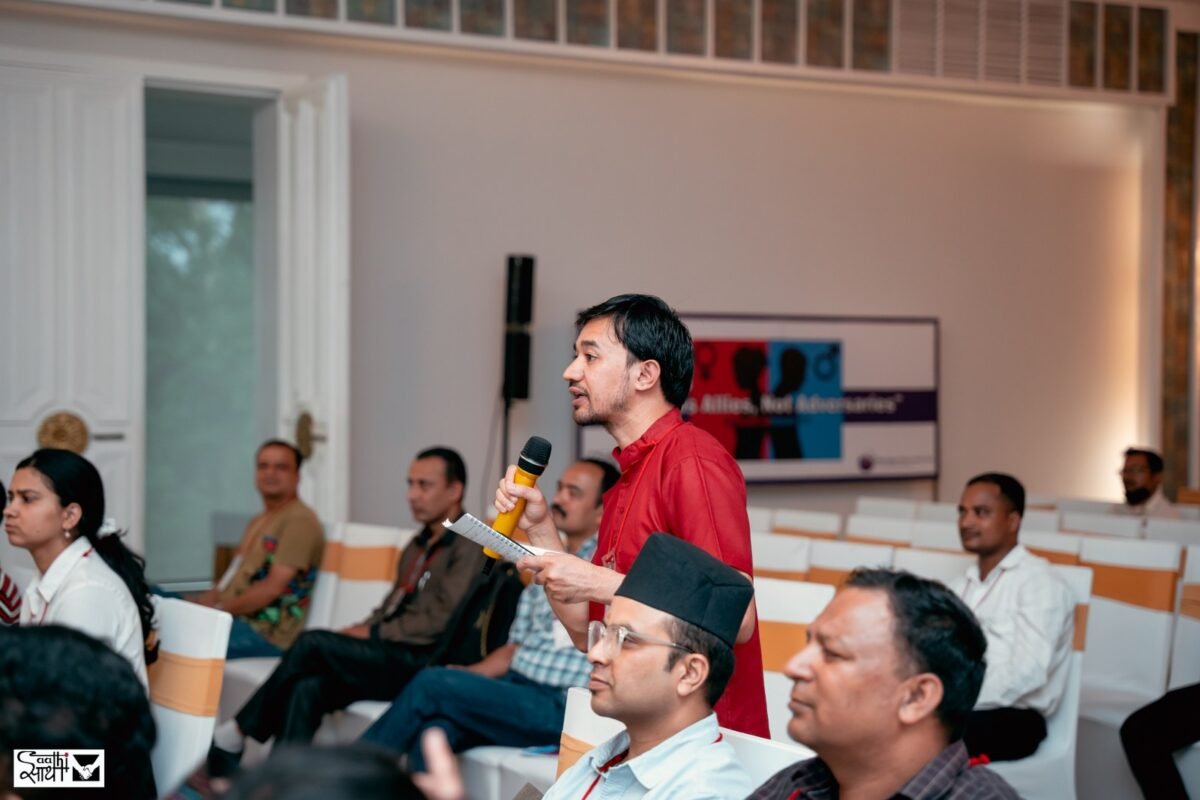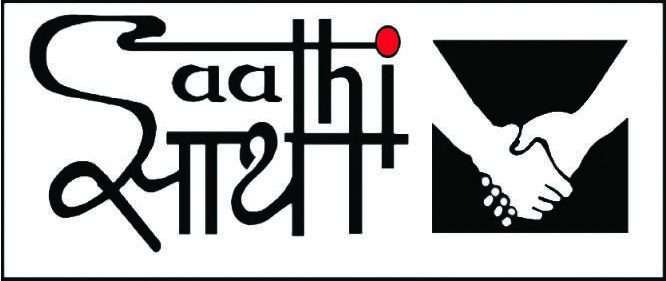August 7, Kathmandu – Speakers at the South Asia Regional Dialogue emphasized the crucial role of engaging men and boys in gender equality and social justice efforts, calling for more genuine and accountable involvement. The event, held in Kathmandu, brought together experts, activists, and government officials to discuss transformative approaches to gender equality.
In his inaugural address, Nawal Kishor Sah Sudi, Minister of Women, Children, and Senior Citizen, highlighted the need for gender interventions starting at the family level. “Despite significant legal progress towards gender equality, achieving substantive equality requires transformative efforts at the grassroots,” said Sah.
Bandana Rana, a member of the CEDAW committee and dialogue convener, underscored the importance of engaging men and boys as accountable allies. “Both men and women have internalized patriarchal values, making it essential to transform the mindsets of both genders to translate gender equality principles into practice,” she stated.
UN Women Nepal Country Representative Patricia Fernandez-Pacheco focused on the burden of unpaid care work carried by women, which she said hinders their advancement and limits opportunities for financial independence and professional growth. The heavy load of caregiving responsibilities prevents many women from participating in the formal economy, she noted.
Laxman Belbase, Co-director of MenEngage Alliance Global, clarified that the work of engaging men and boys in transforming masculinities is part of the broader intersectional feminist movement. “We aim to add value from a men and masculinities perspective and bring onboard men and boys as agents of change to advance women’s rights, gender, and social justice,” Belbase explained.
Hari Sharma, State Lead at AZAD Foundation India, stressed the importance of involving adolescents in unpaid household work from an early age. “Care is not merely a feminine trait but a human trait,” said Sharma. He added that involving young people in caregiving responsibilities helps break down traditional gender roles and promotes equality within the household.
Yogesh Vaisnav, Convener of MenEngage Alliance India, acknowledged initial concerns when men began discussing their role in gender equality. To address these concerns, he highlighted the development of an accountability framework with a code of conduct and feminist principles. “This framework clarifies our approach to engaging men and boys and fosters broader support for gender equality,” Vaisnav said.
Wijaya Jayatilaka, Steering Committee Member of MenEngage Alliance Sri Lanka, called for collaboration with religious institutions to challenge and dismantle deeply rooted patriarchal mindsets. He added that it was essential for transforming traditional beliefs and advancing gender equality.
Ayush Shrestha Joshi, representing Save the Children Nepal, urged participants to reflect on personal beliefs and practices that might hinder the rights of marginalized groups, including women, children, and LGBTQ+ communities.
The South Asia Regional Dialogue on Strengthening Movement in Engaging Men & Boys was jointly organized by Saathi, the secretariat of MenEngage Alliance Nepal, in collaboration with the Ministry of Women, Children, and Senior Citizens, and the MenEngage Alliance South Asia (MEASA). The dialogue aimed to facilitate learning and exchange among practitioners on engaging men and boys in advancing gender equality.
The discussions, which were centered on four thematic panel sessions, focused on practical approaches to dismantling gender stereotypes, encouraging shared caregiving responsibilities, and strengthening the MenEngage movement. The event emphasized promoting responsible behavior and ensuring accountability among men and boys for a gender-equal society.
Approximately 300 individuals, including government officials, gender experts, youth, and civil society representatives, attended the program both in person and virtually. The dialogue concluded with the issuance of a 14-point Kathmandu Commitments document, with all participants pledging to advance gender equality in the region as genuine and accountable allies, aligned with feminist leadership principles.
The dialogue was organized under the auspices of Save The Children, Foundation for a Just Society International, AEIN-Luxembourg, French Embassy in Nepal and UN Women under Empowered Women Prosperous Nepal initiatives.
Glimpses of Inaugural Session

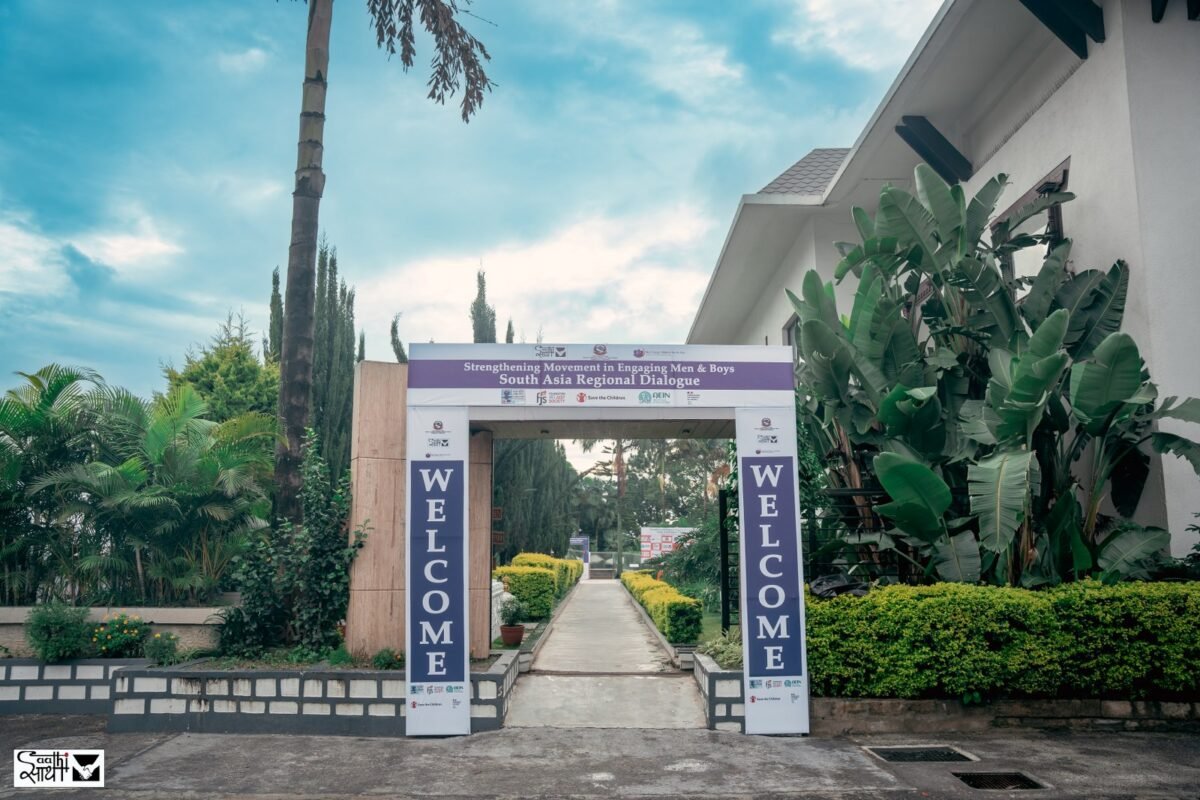

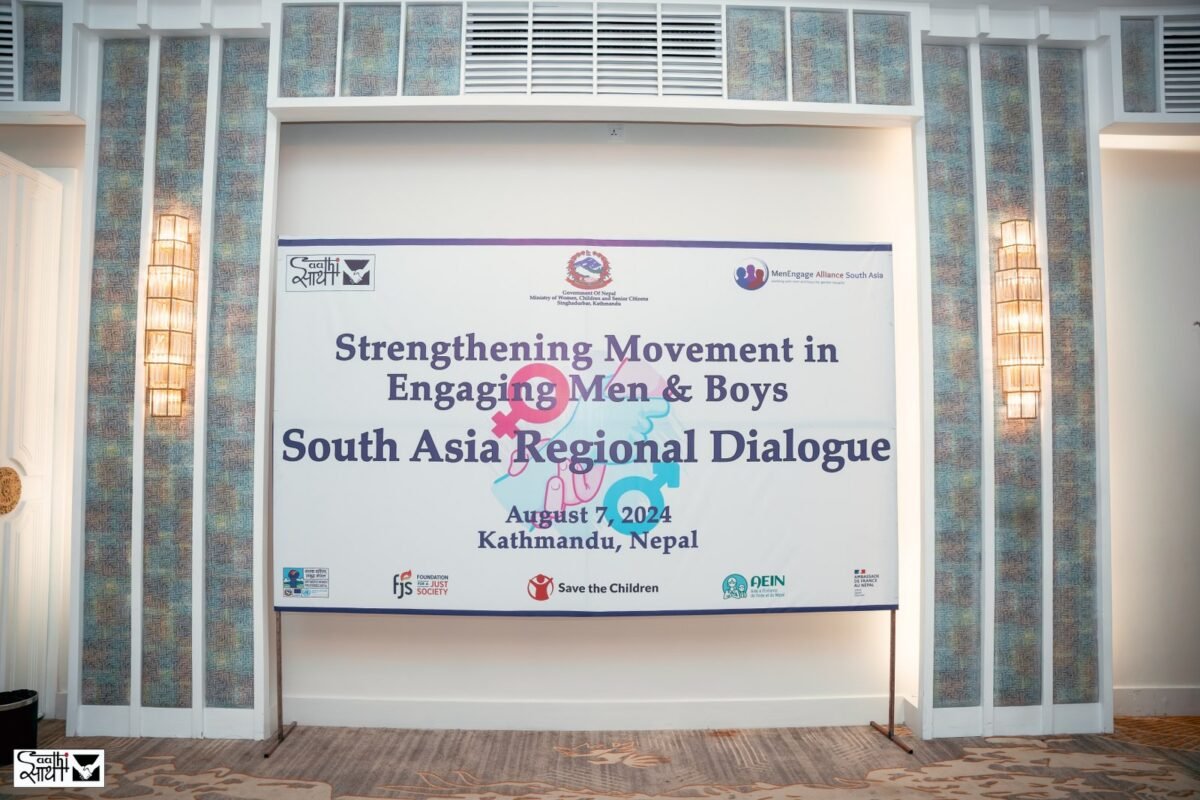






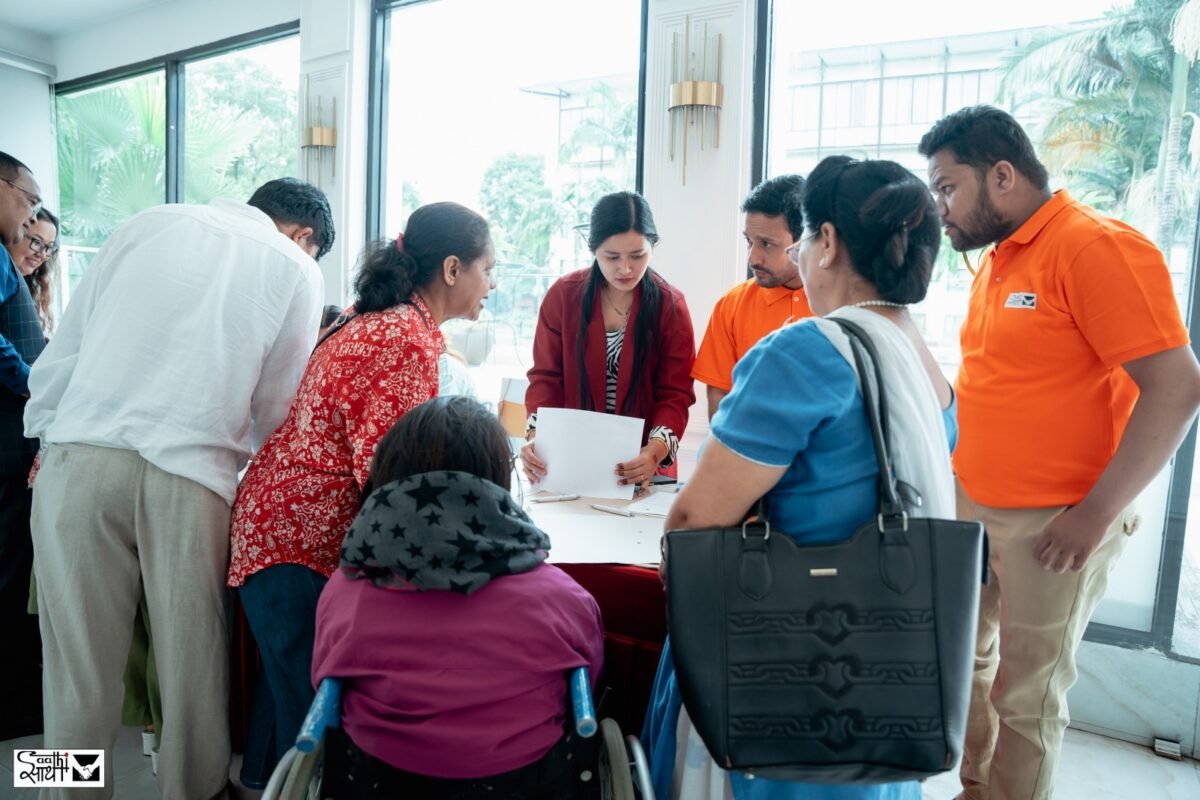
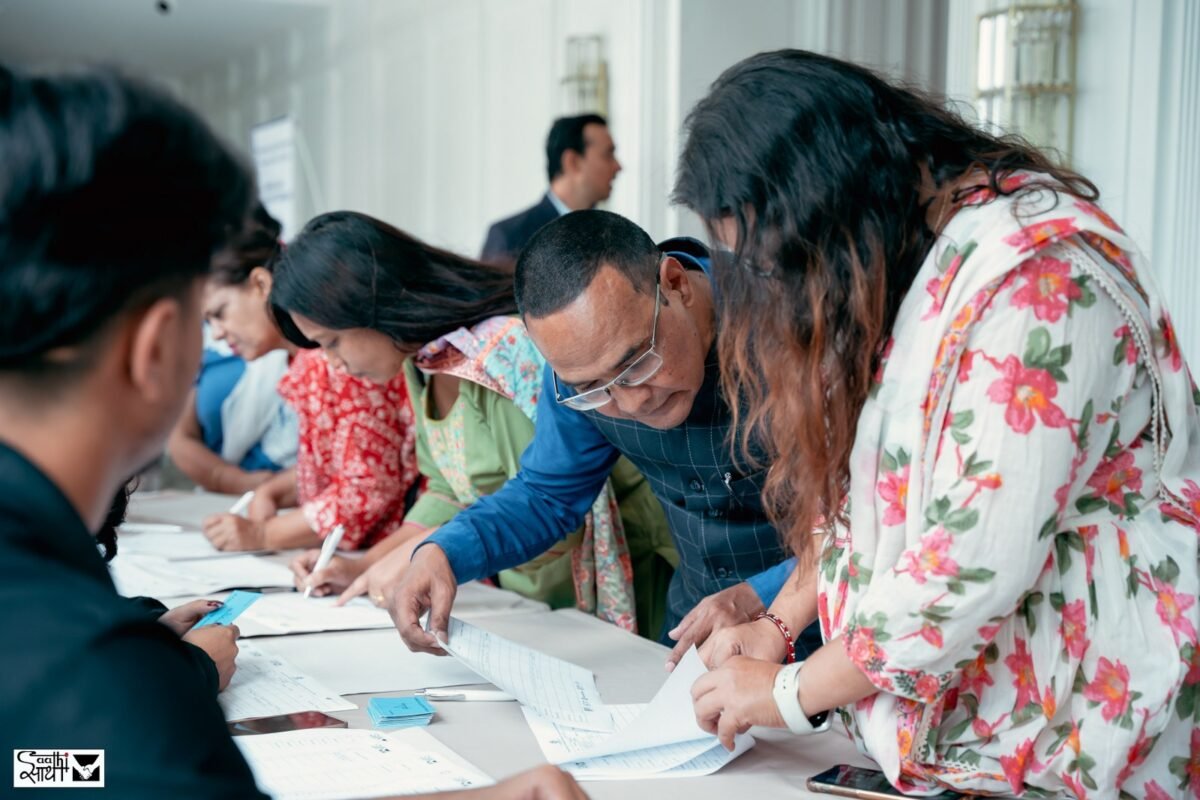

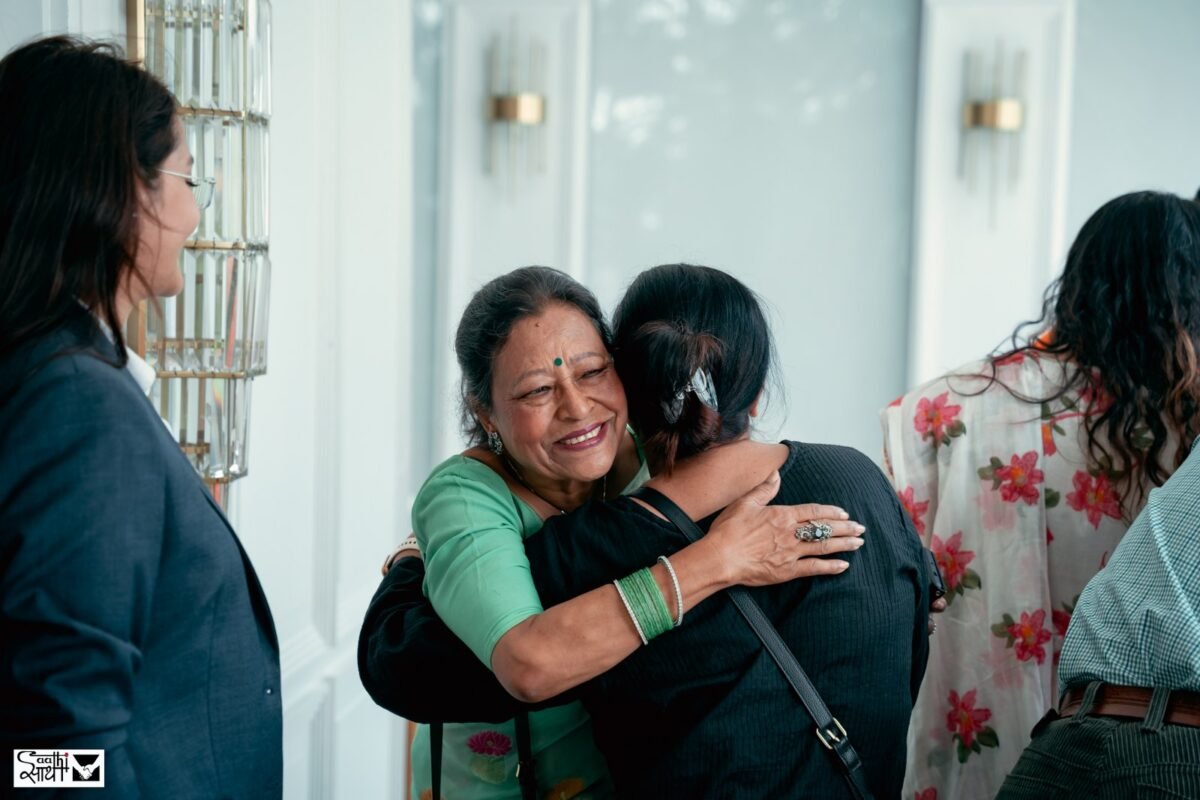





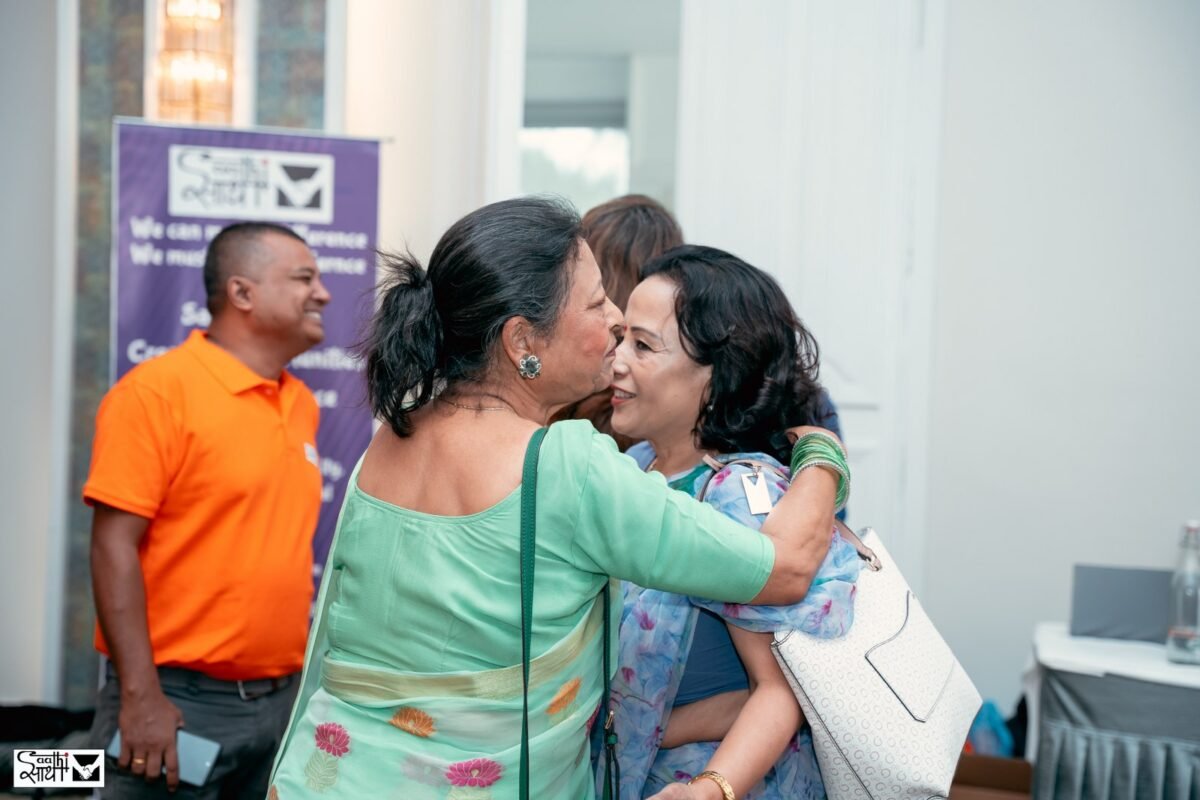

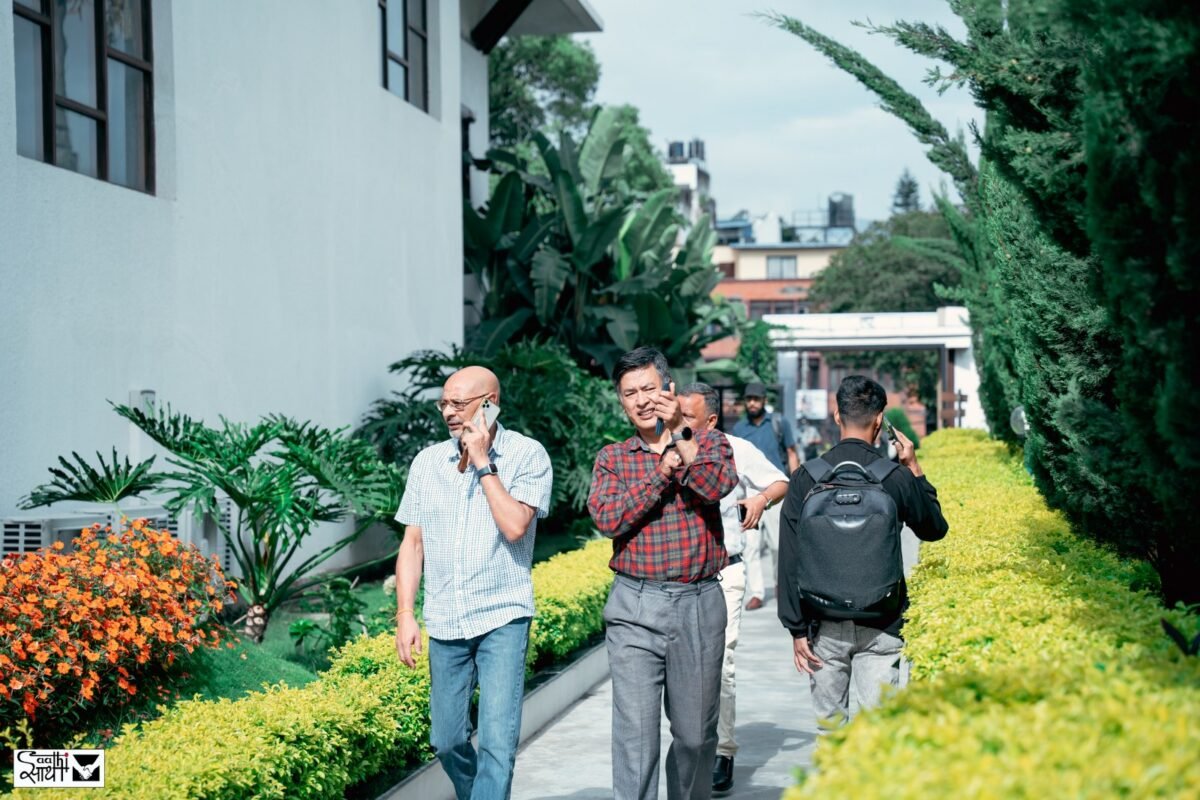



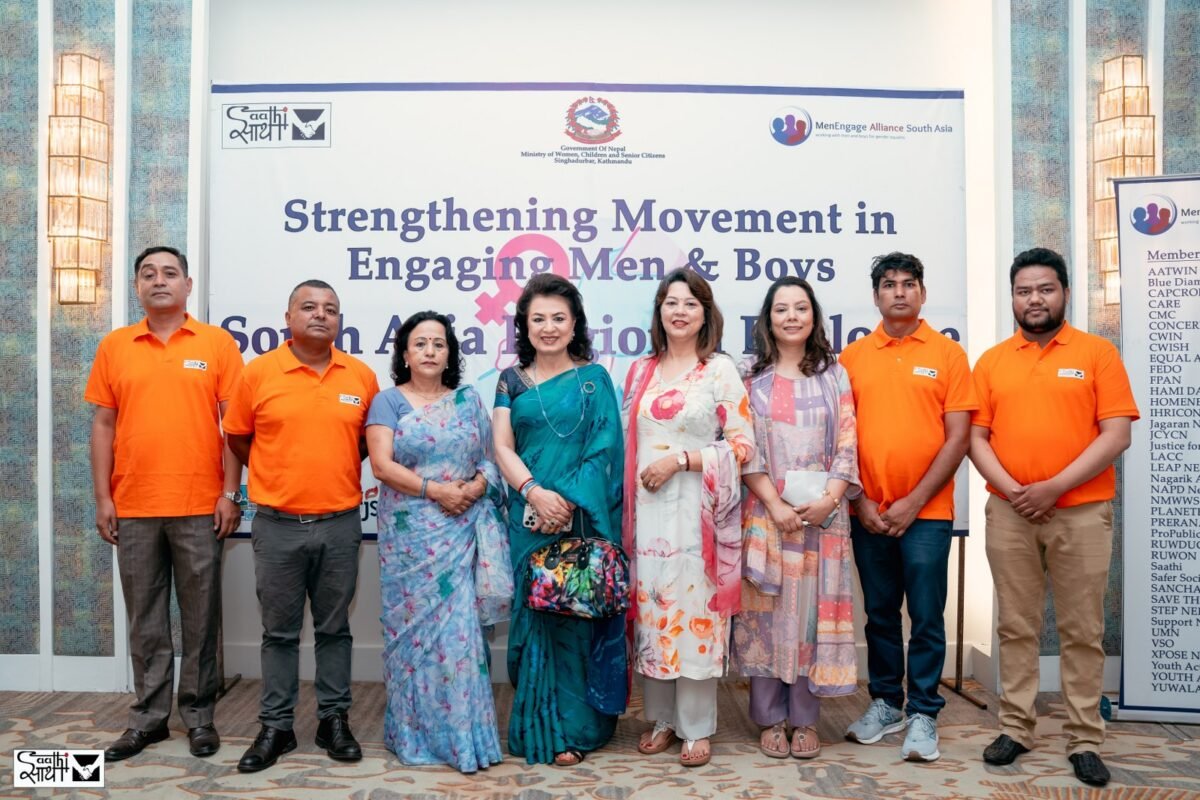







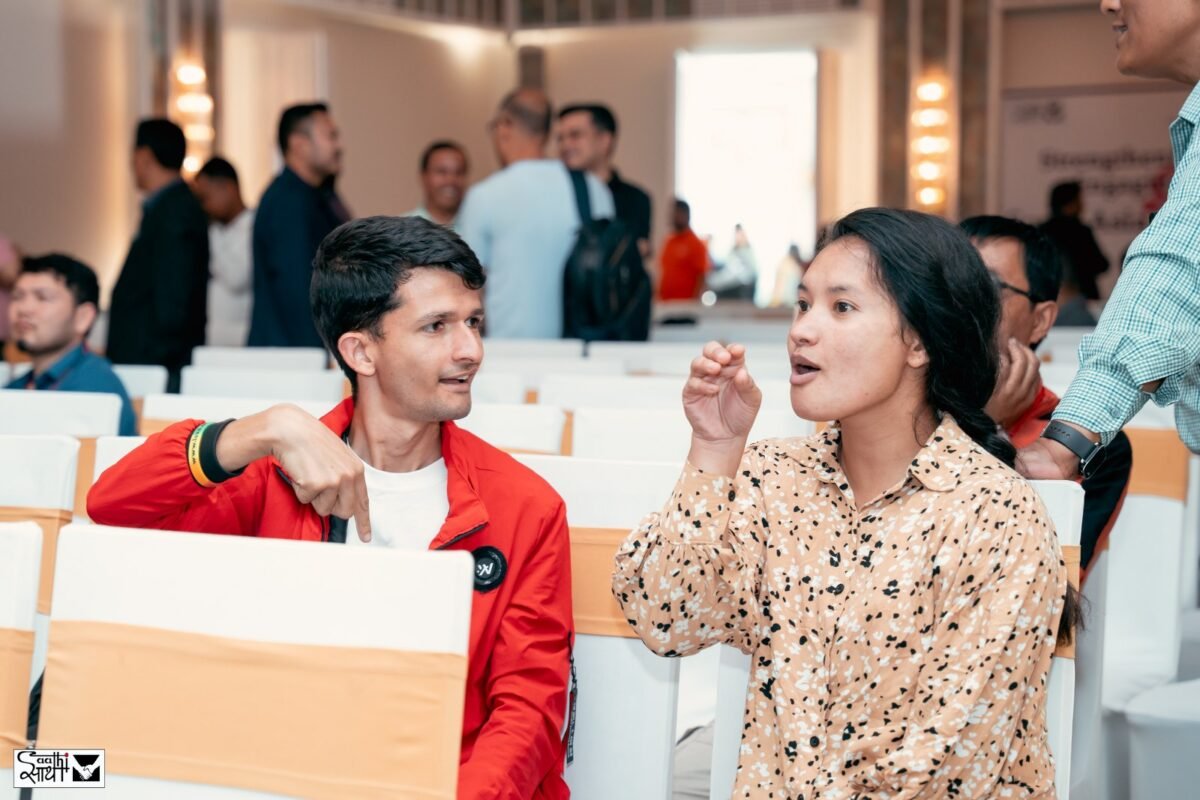





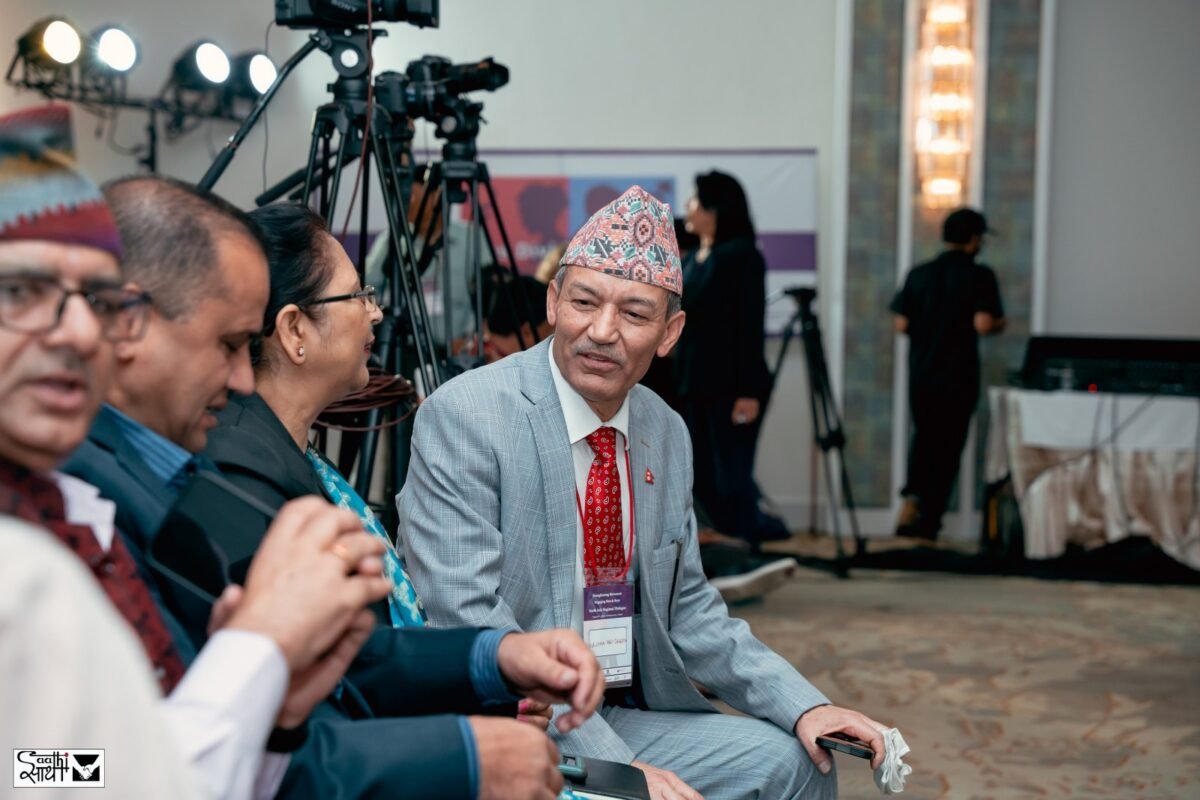














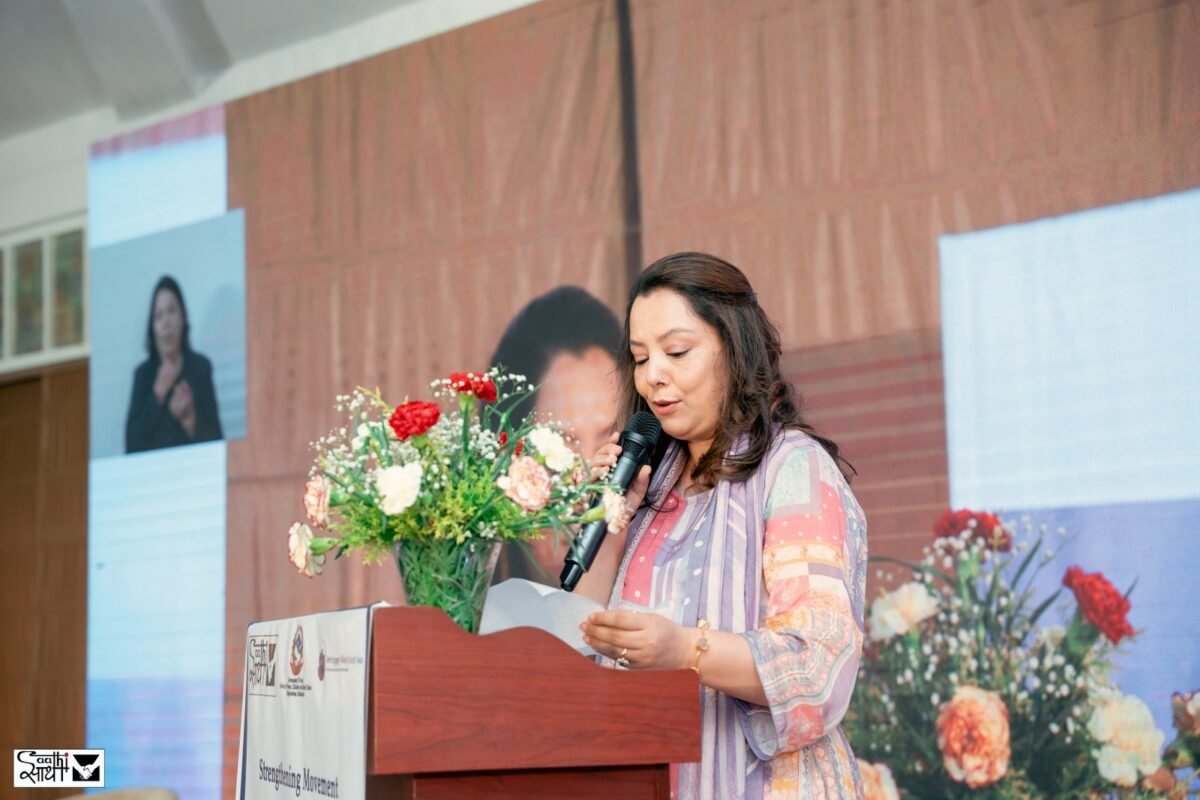


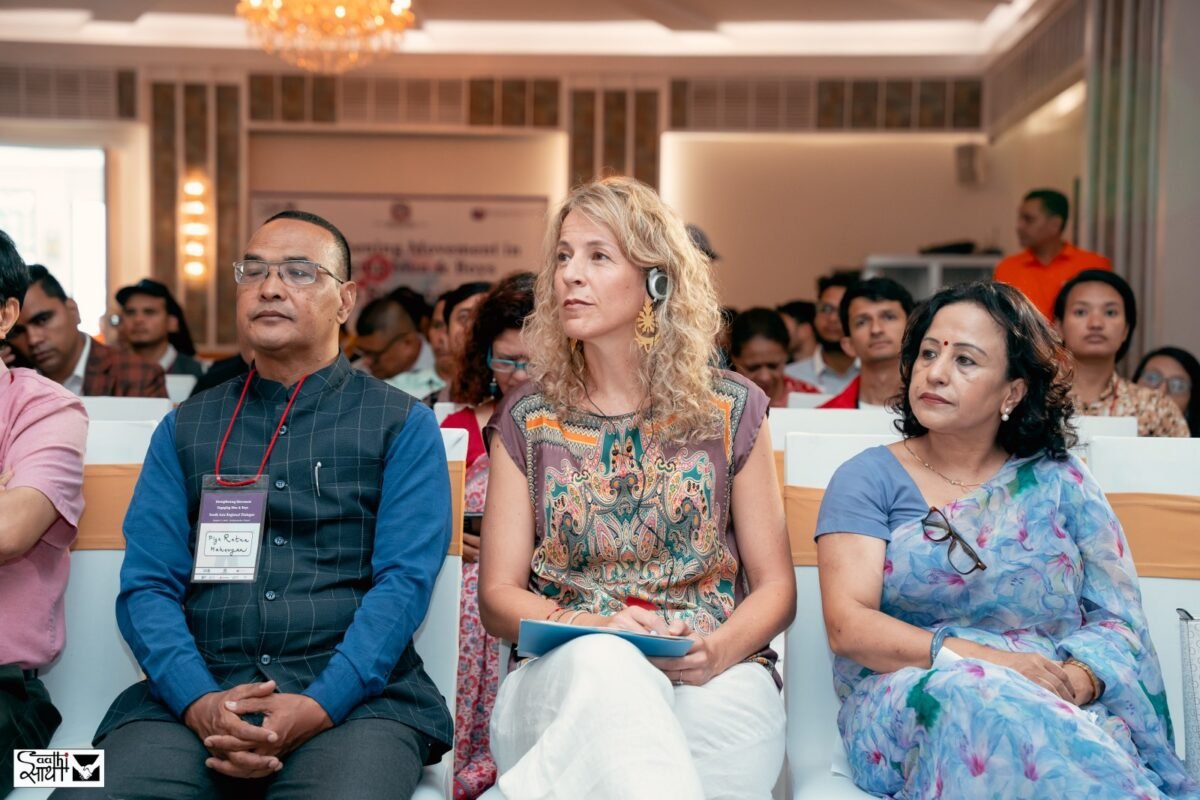
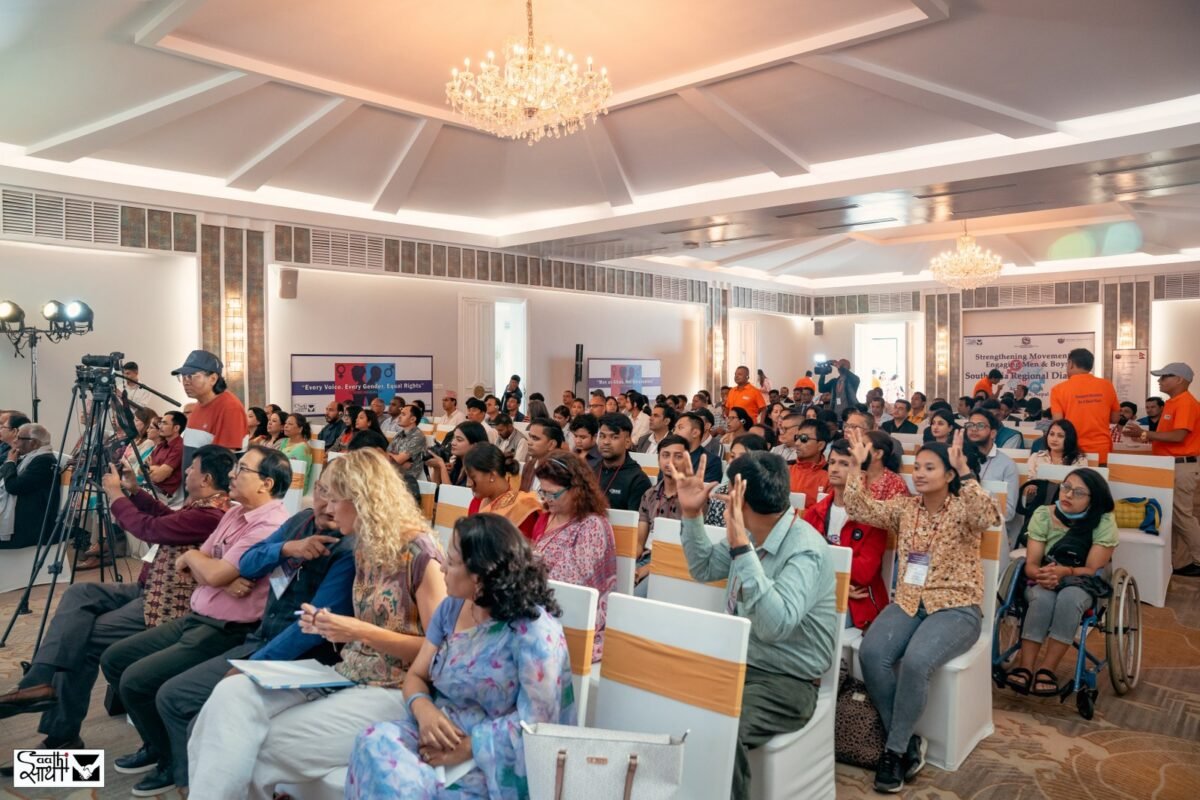











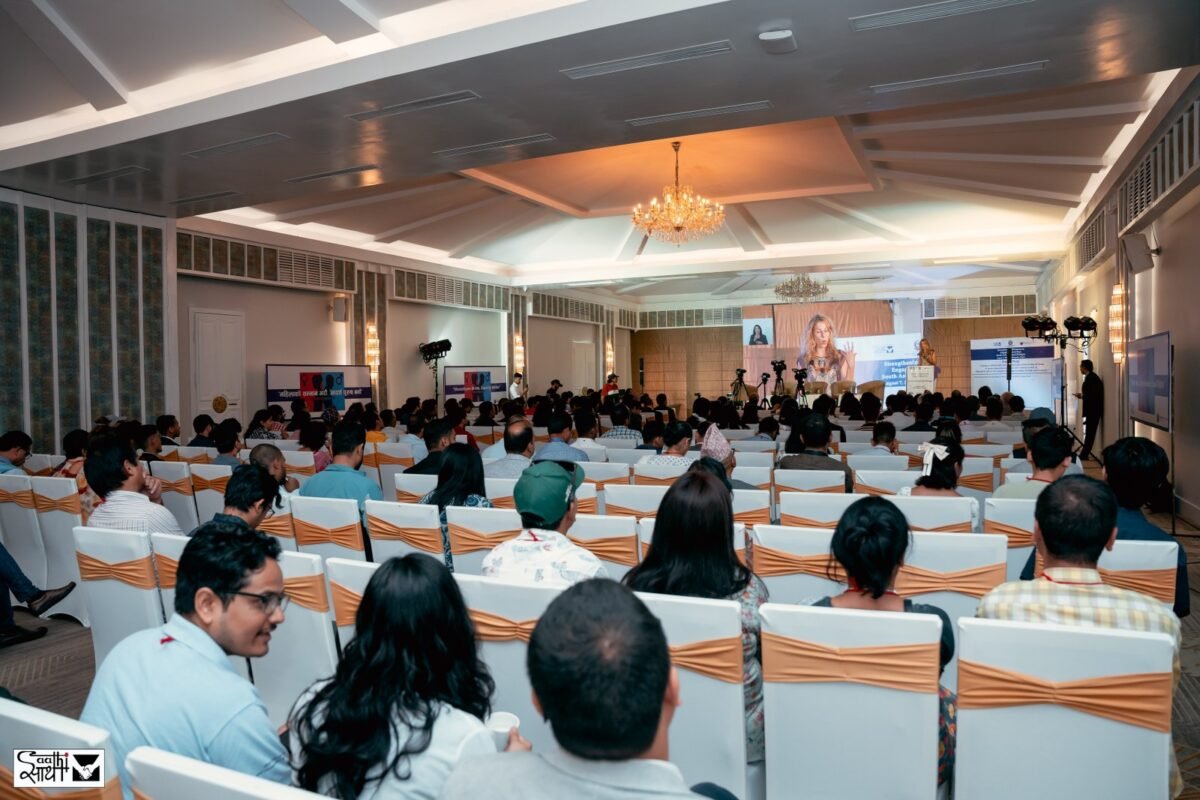







Glimpses of Panel Discussion on
Challenging Stereotypes: Transforming Masculinities for a Gender-Just Society




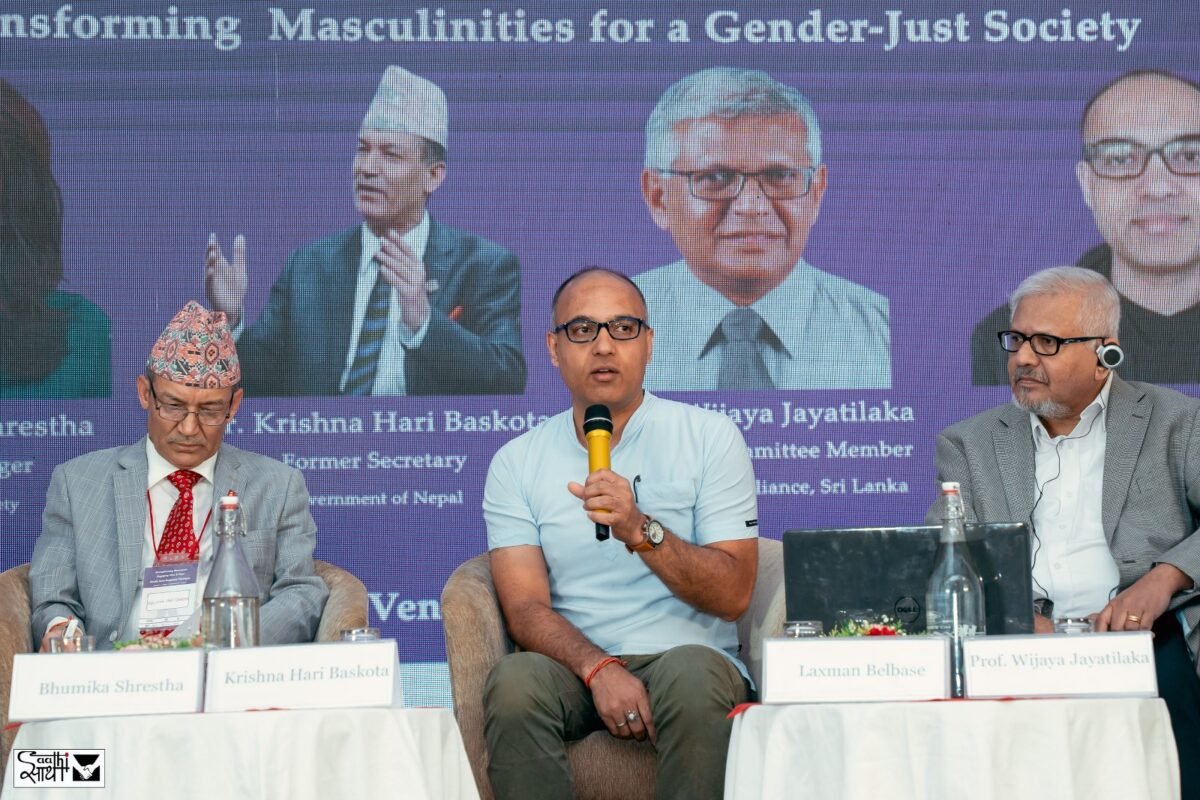


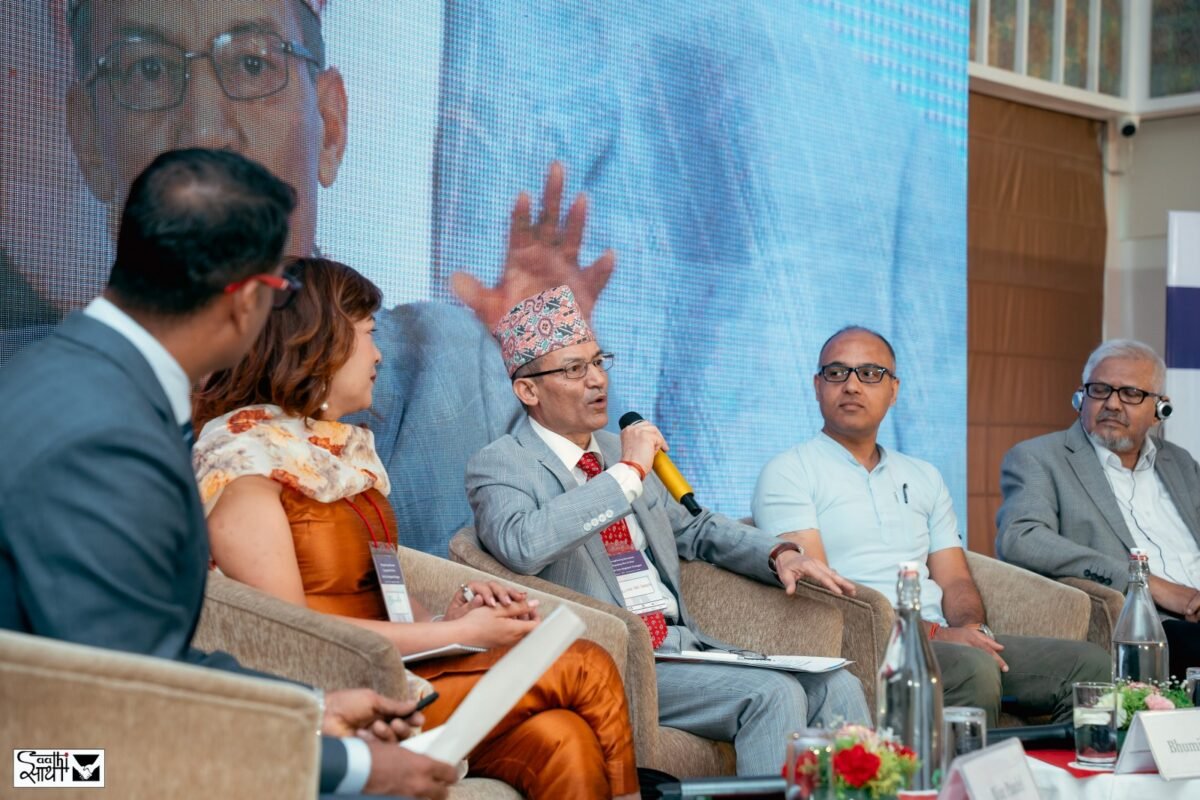



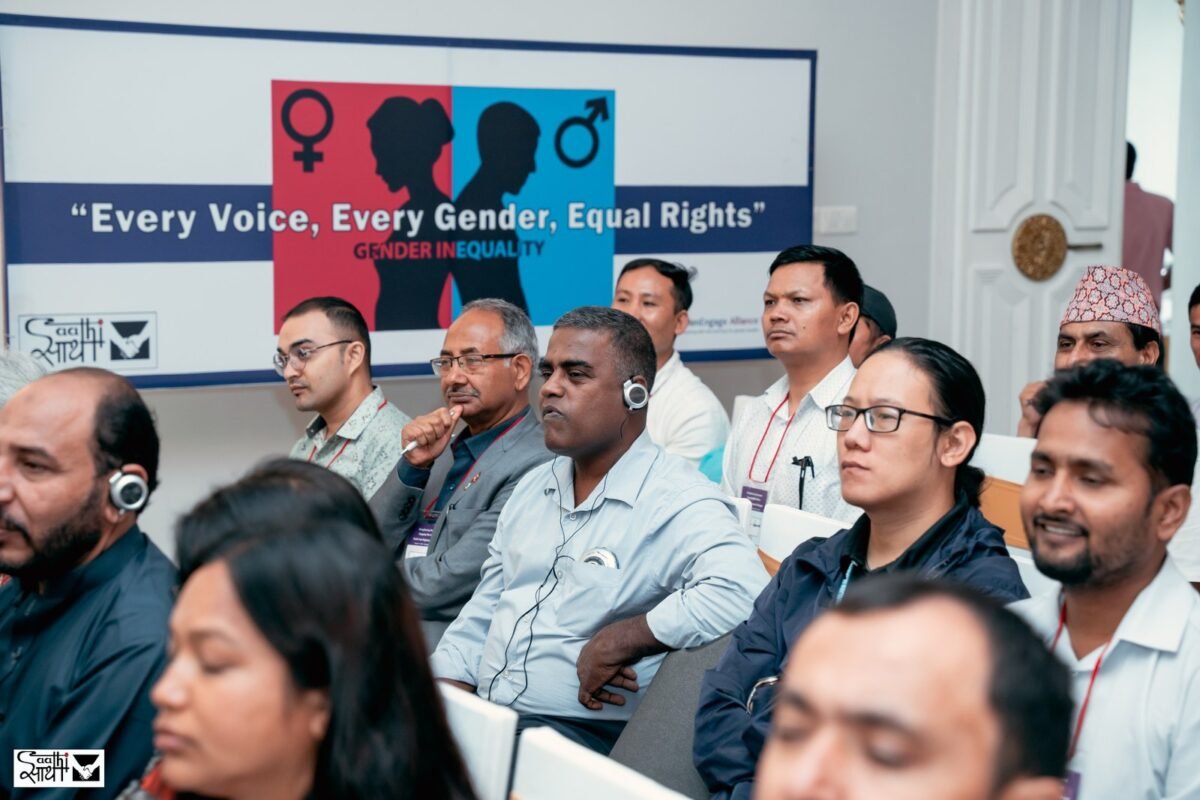
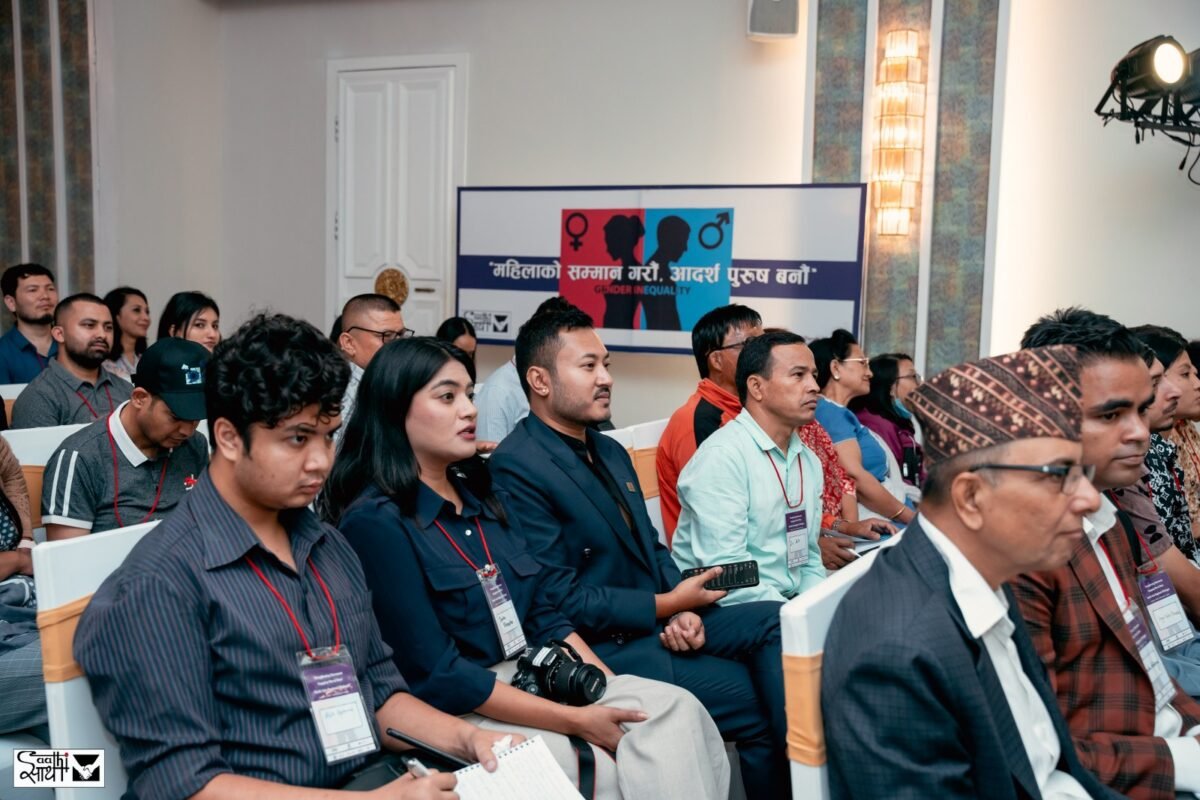










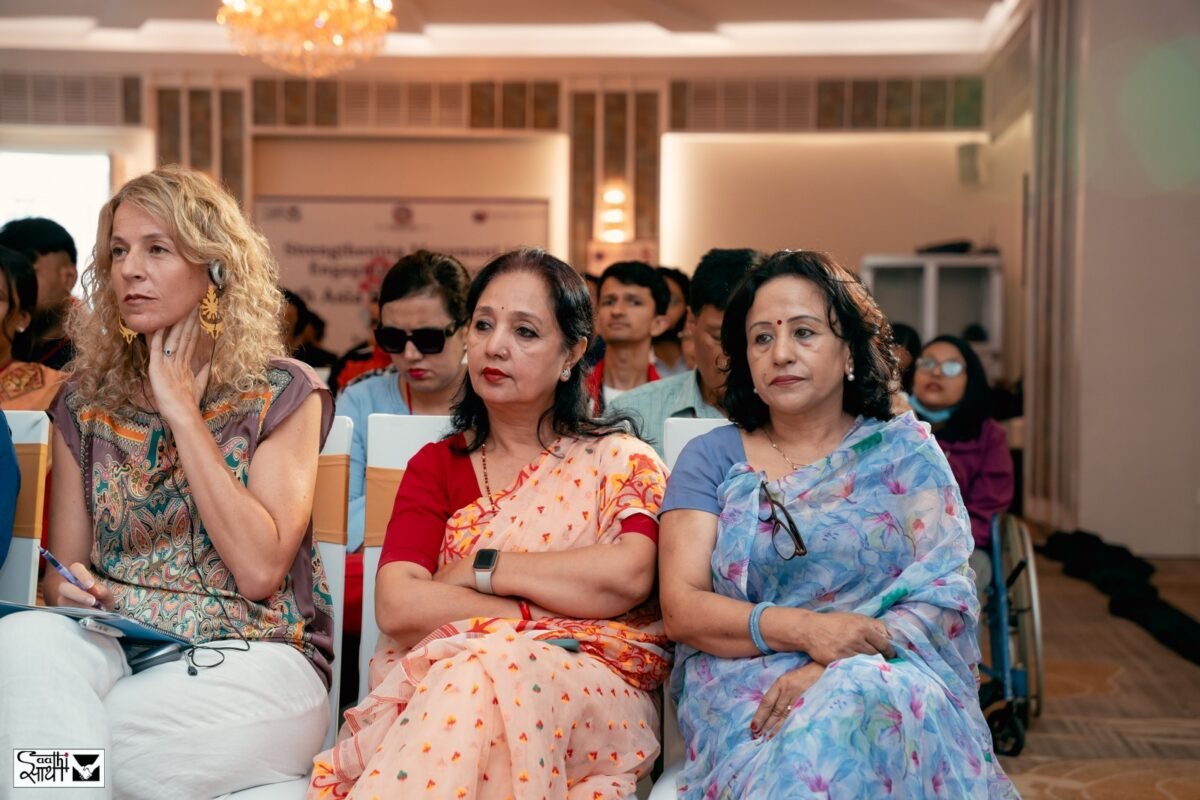











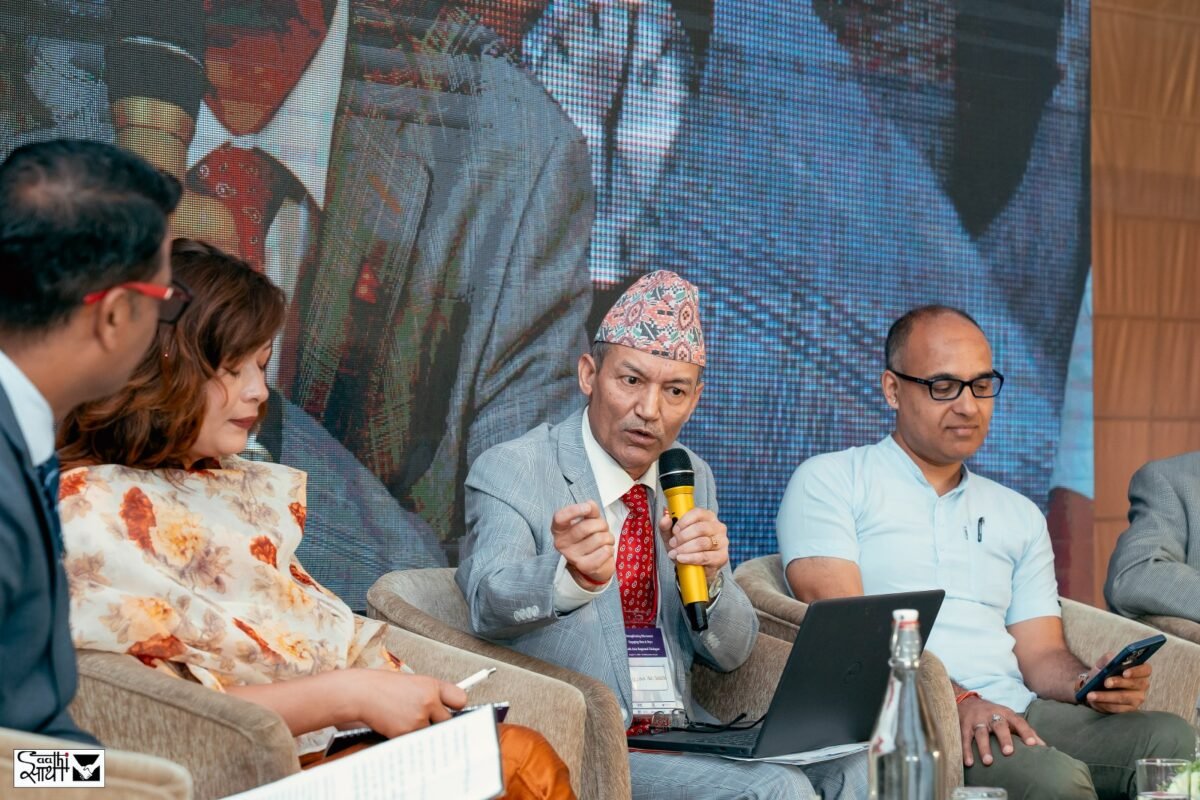


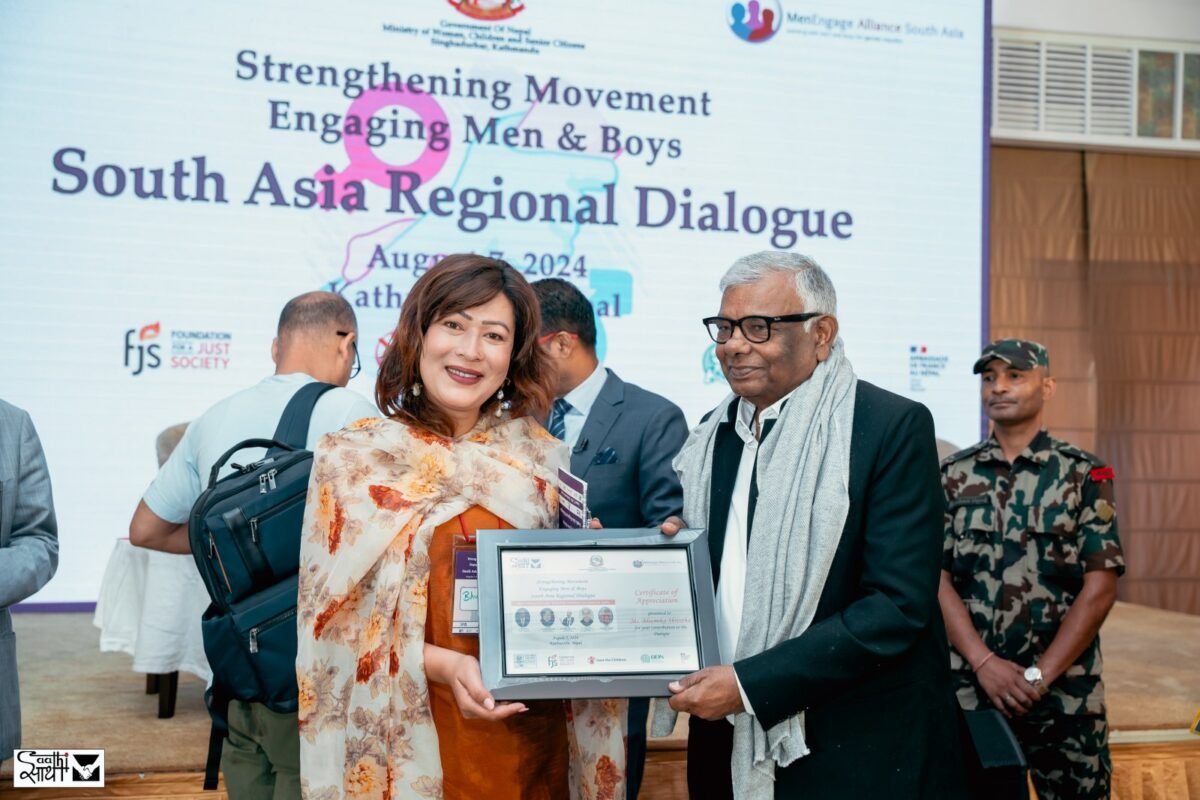



Glimpses of Panel Discussion on
Men in Care Work: Encouraging Shared Responsibilities at Home and in the Community







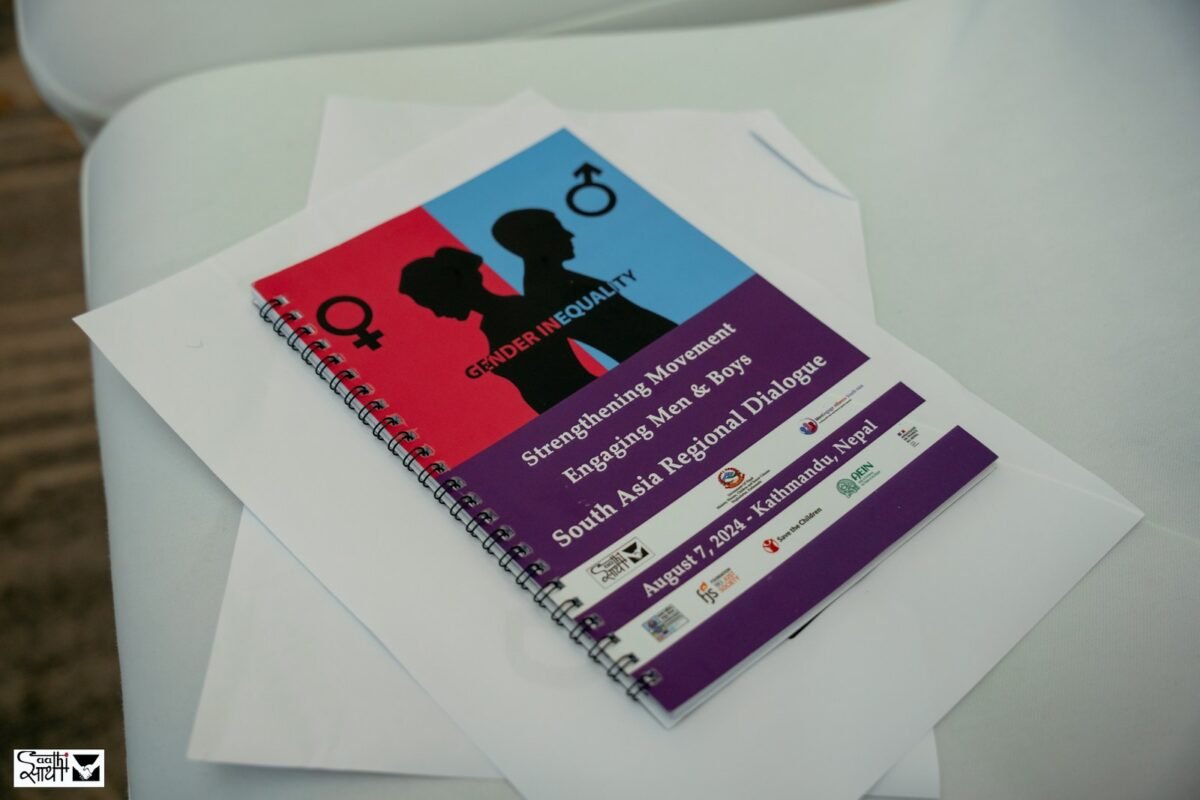










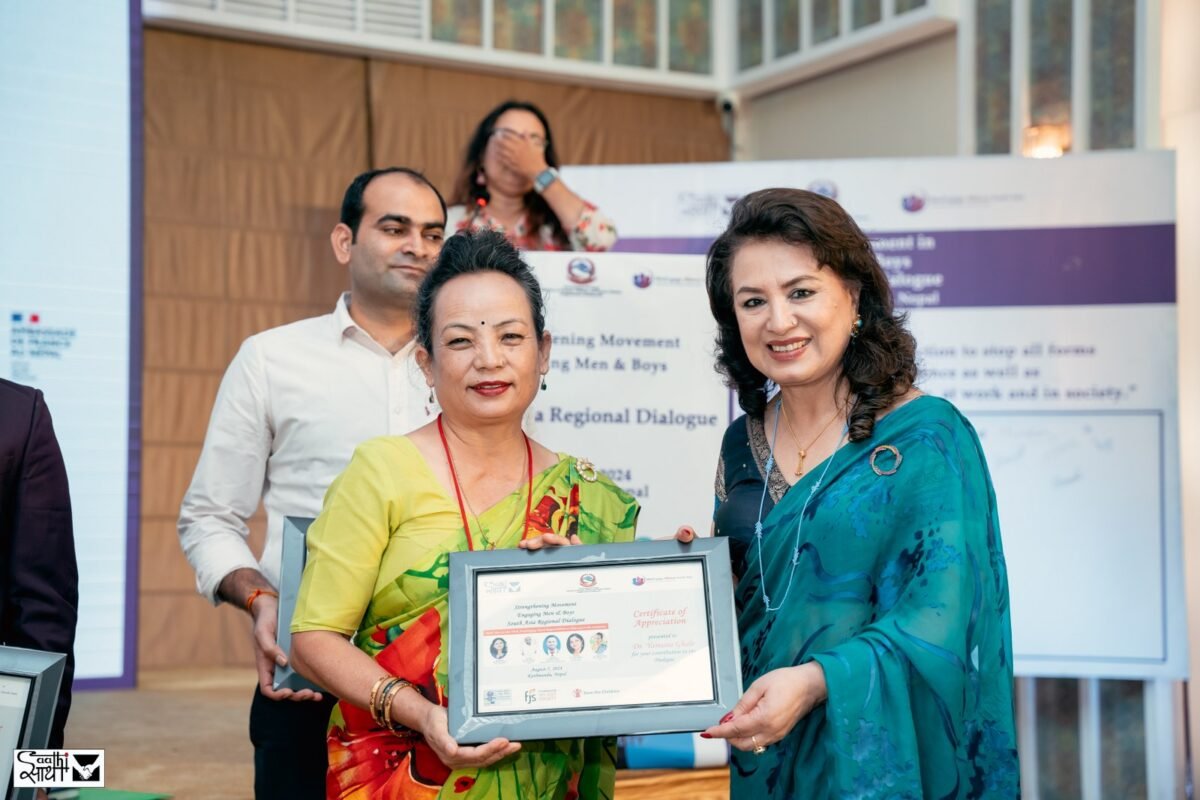


Glimpses of Panel Discussion on
Accountability: Ensuring Responsible Behavior and Effective Engagement of Men & Boys

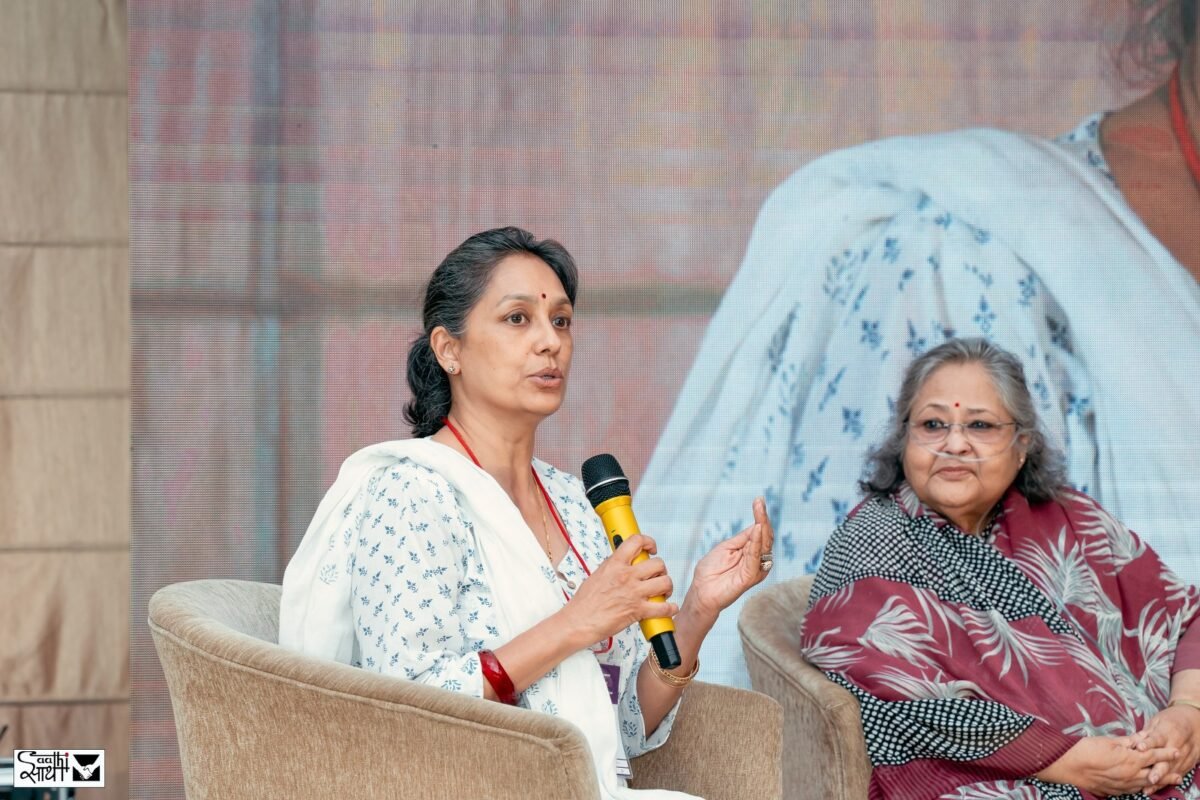


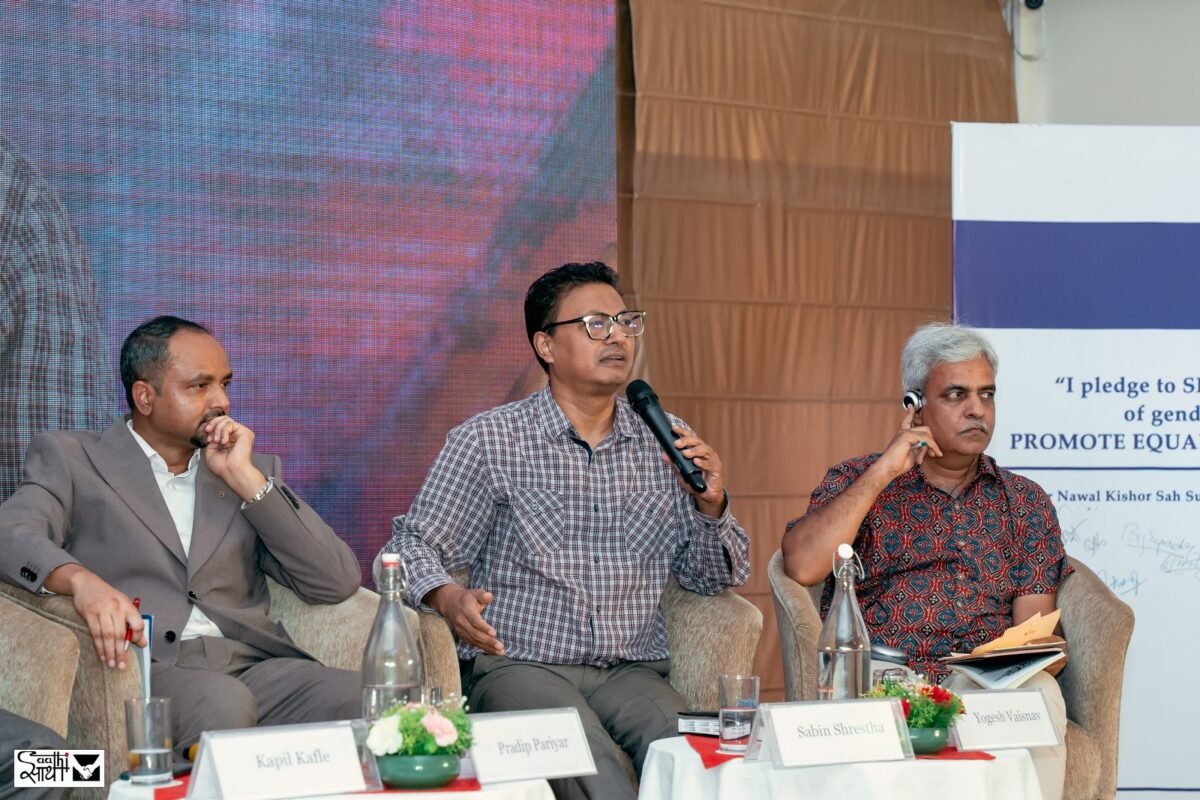







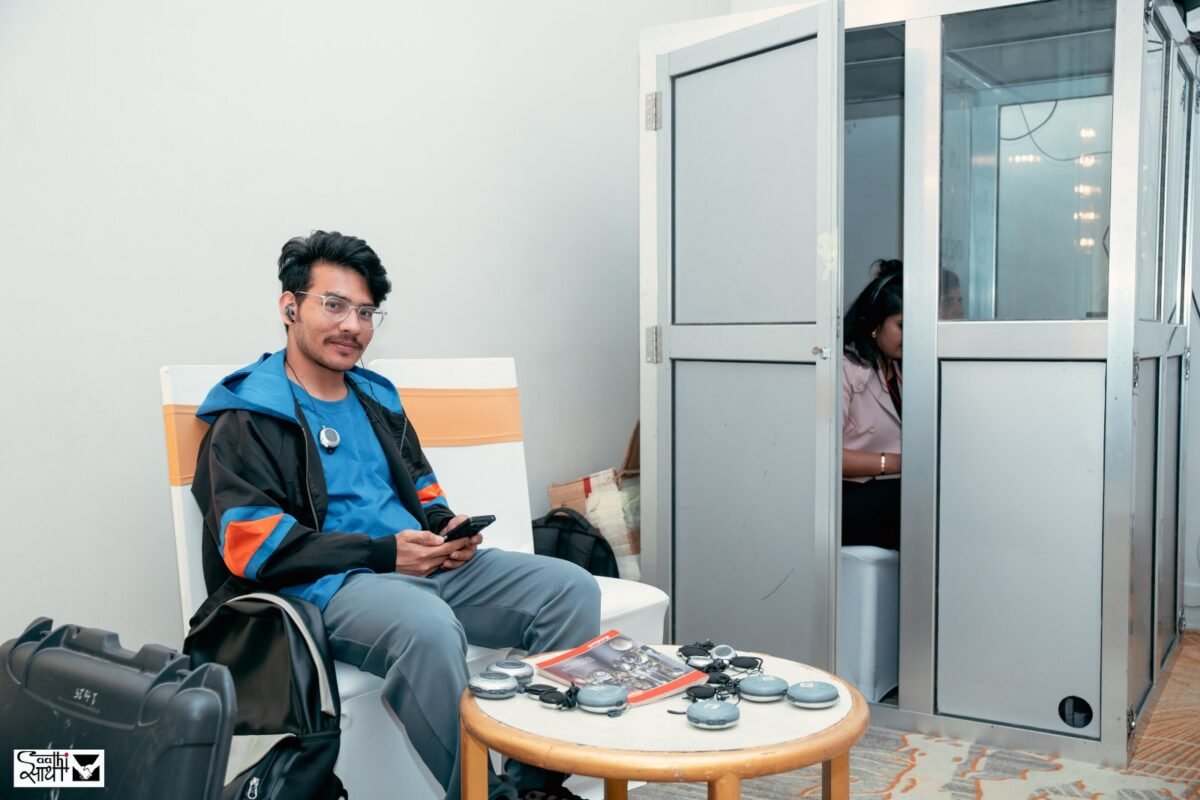
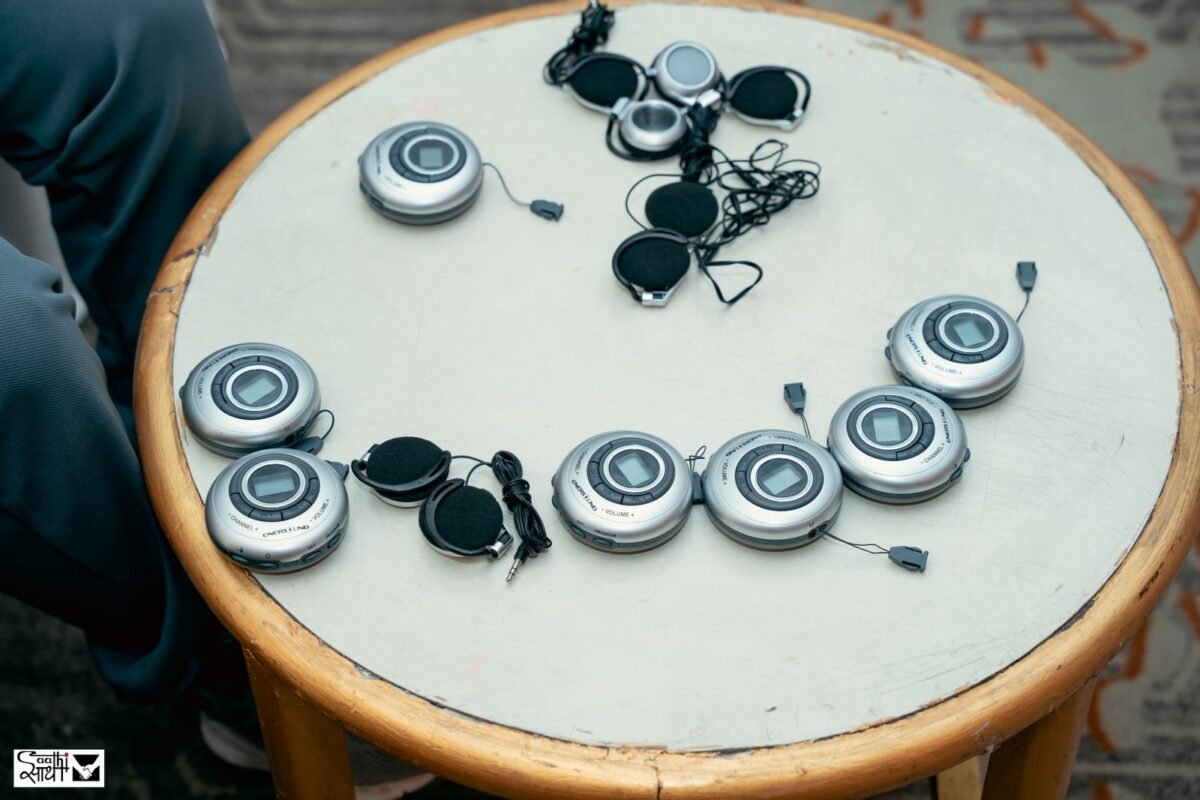




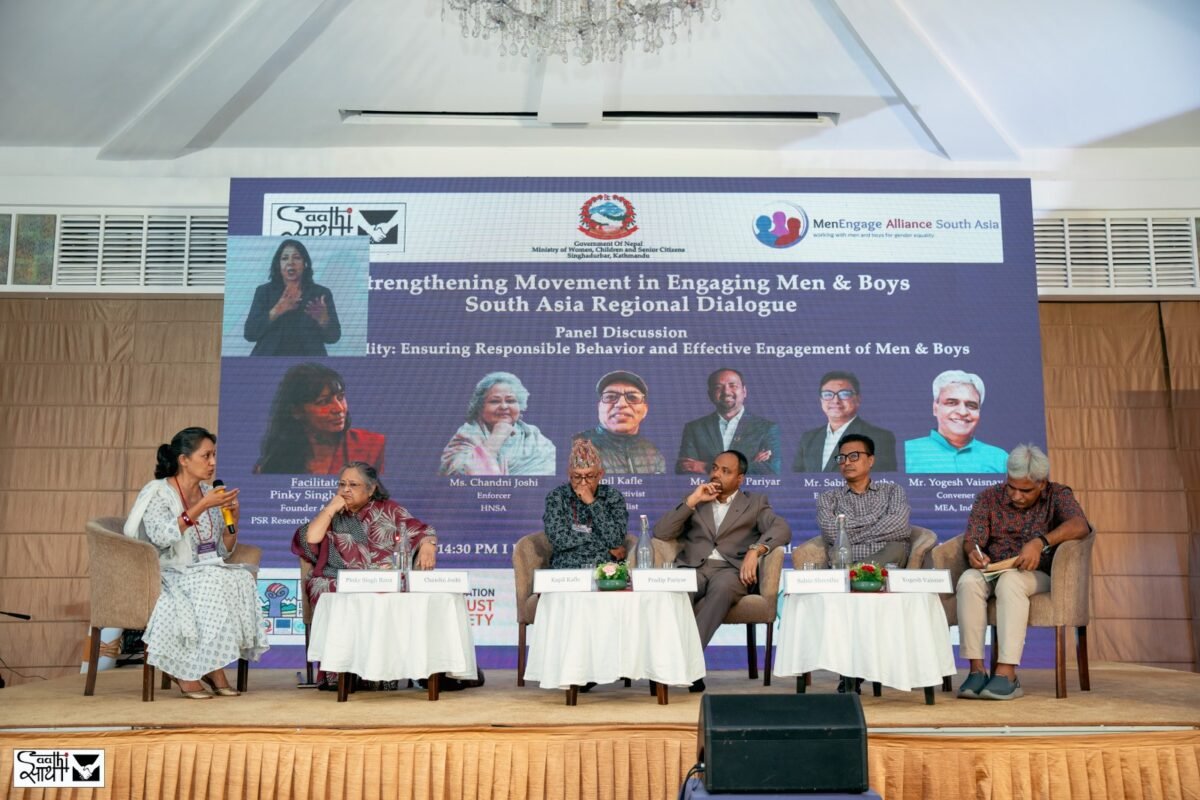










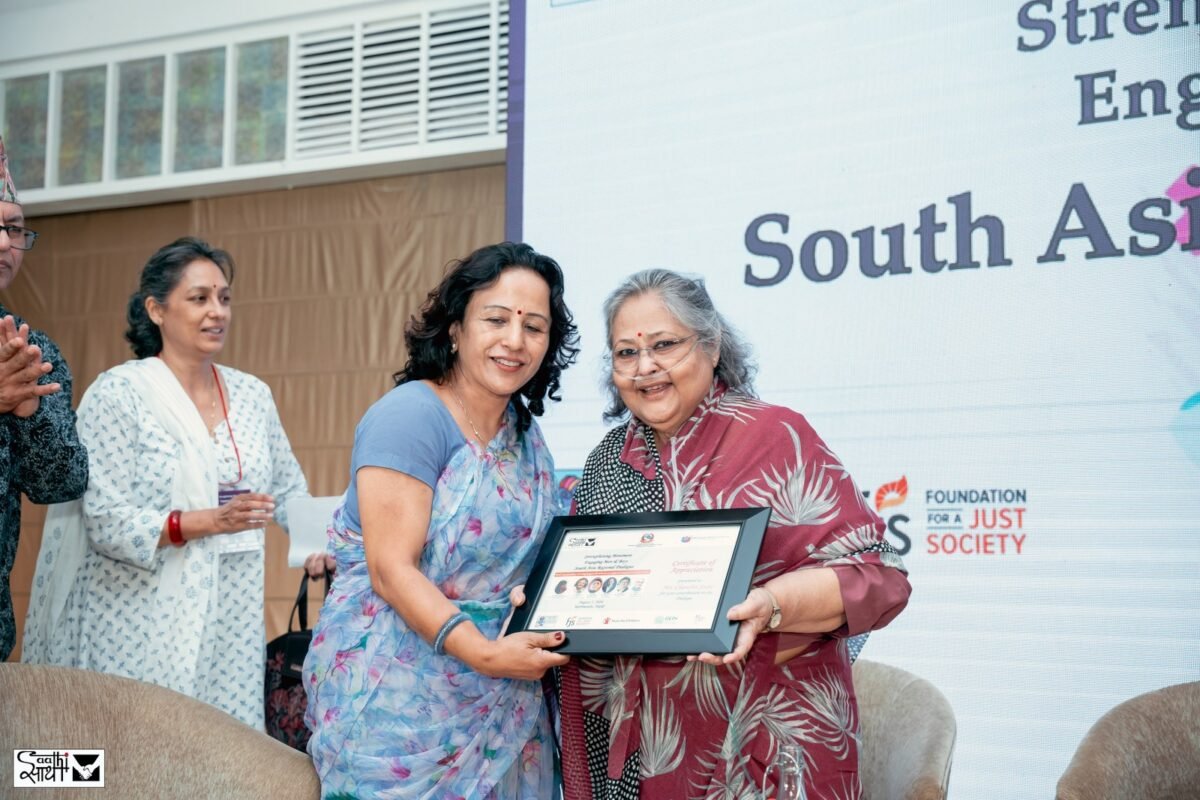







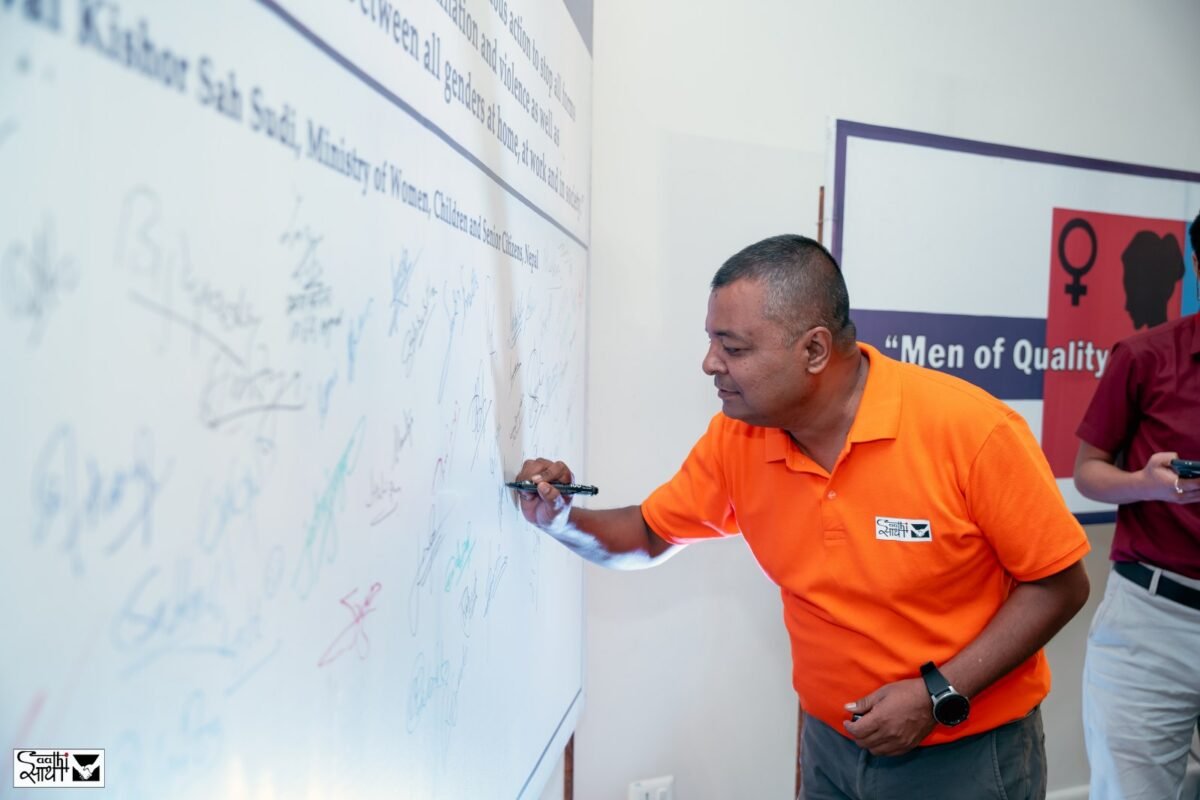


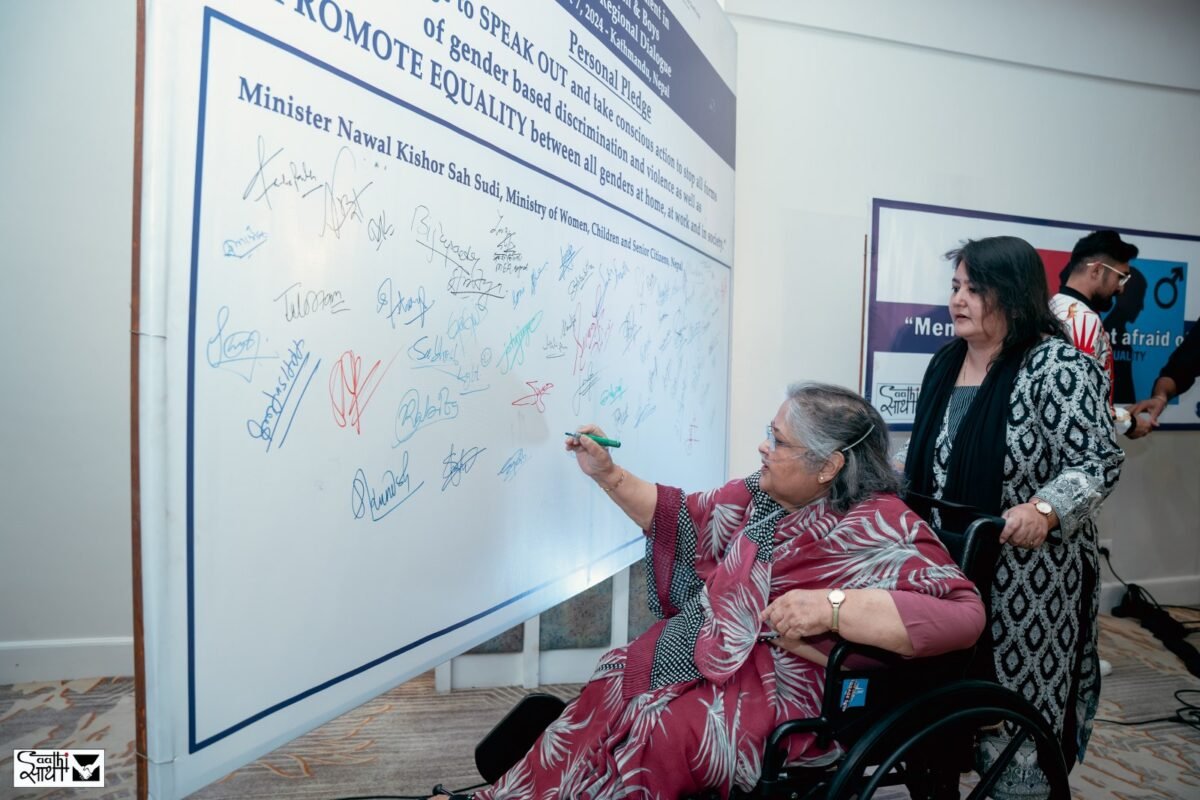




Glimpses of Panel Discussion on
Movement Building: Strategies for Sustaining and Expanding the Men Engage Initiative













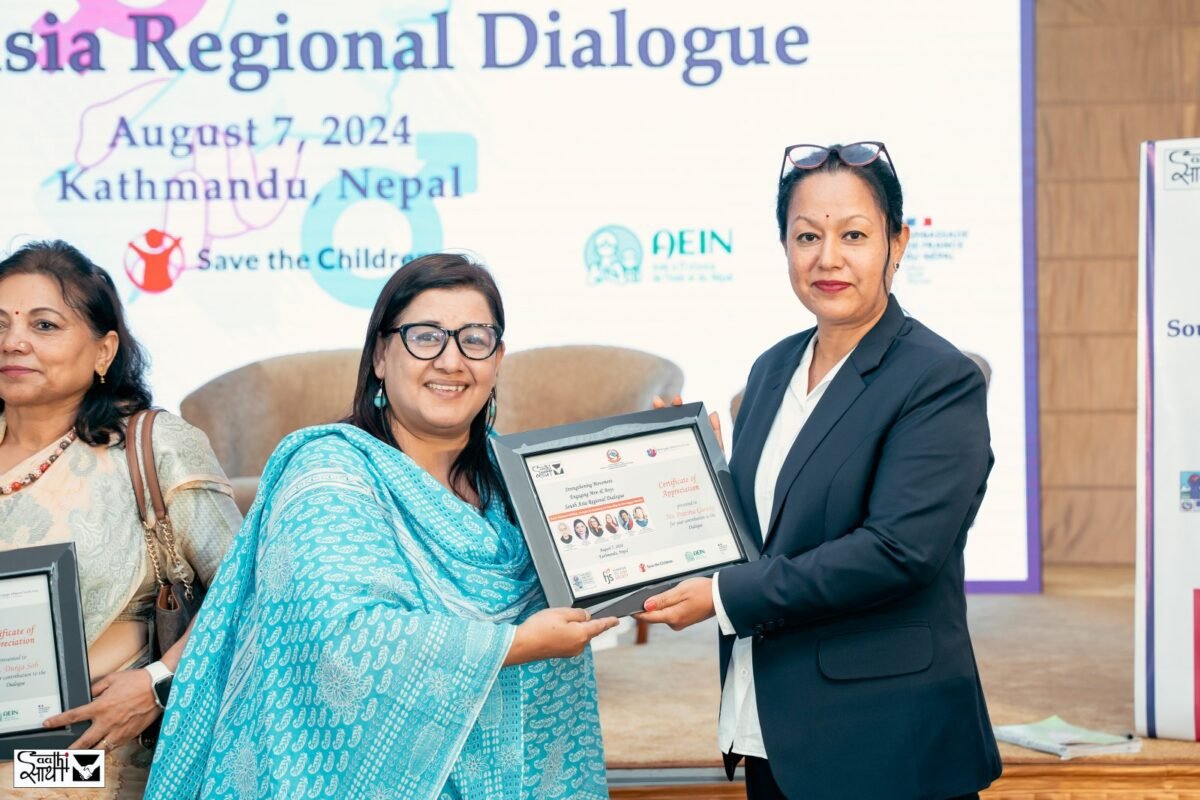

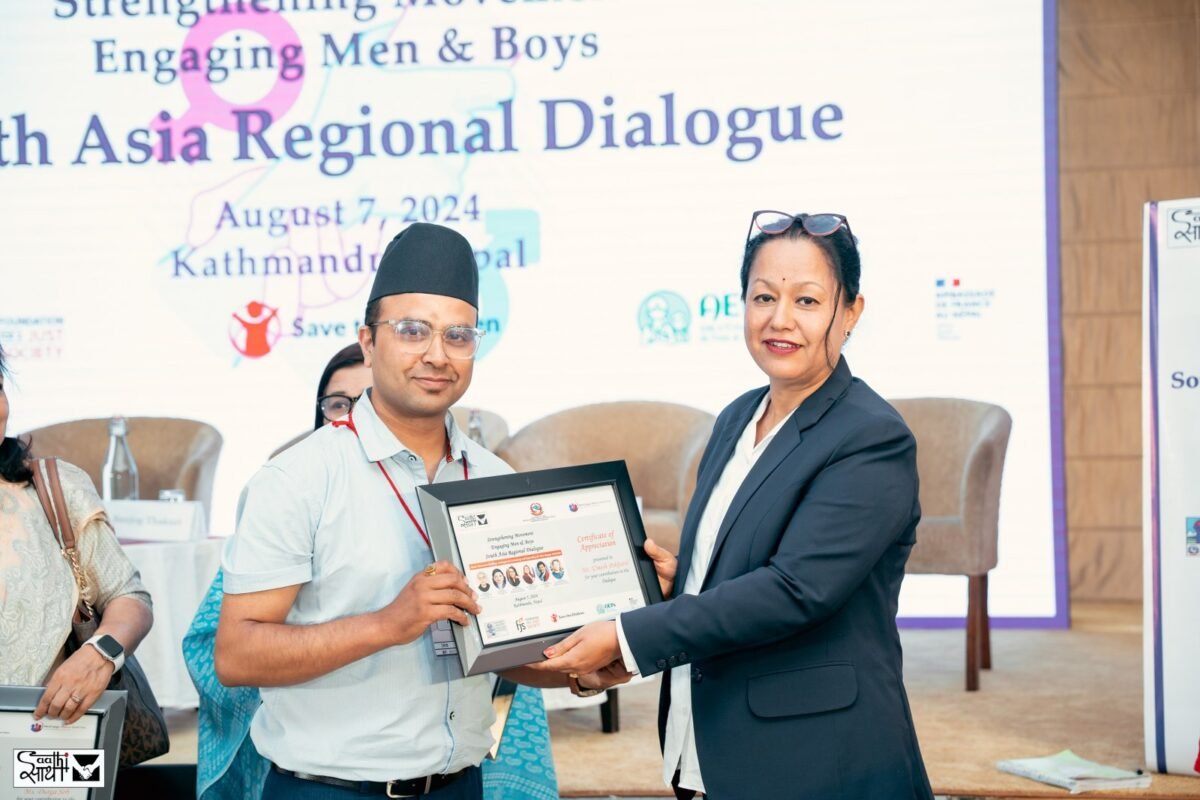


Glimpses of the closing ceremony



